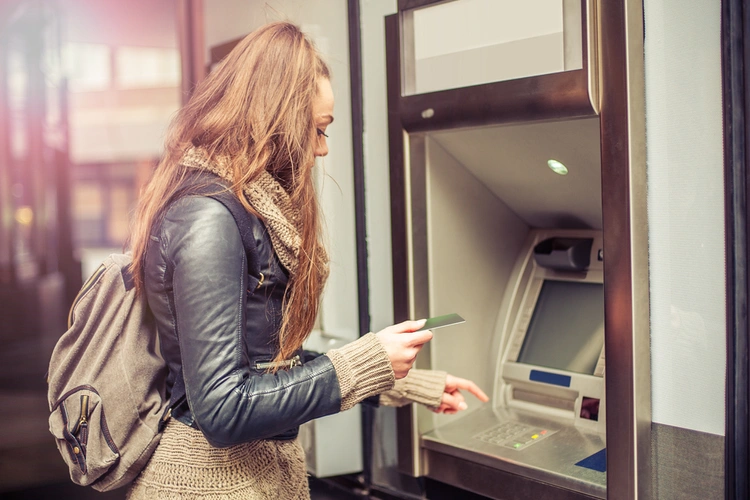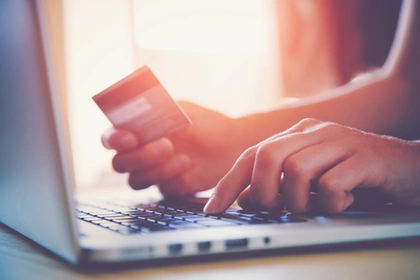How can I protect my PIN and password?
1. Don’t write it down anywhere
Think of your PIN and password as keys to your money. Don't write them down or save them on a computer or phone, for example. Keeping a record of your PIN in the same wallet as your plastic is a big no-no.
2. Don’t share your details with anyone
Don’t share your PIN or password with anybody else - not even your bank. Otherwise, you could leave yourself open to identity theft. The only person who should know these details is you.
3. Shred sensitive documents
Make sure you properly dispose of letters and statements from the bank and your credit card provider. These documents may contain valuable information, like your card number, which fraudsters could steal to rack up debt in your name.
4. Don't make it too obvious
Of course, some people pick a PIN that's easy to remember – like ‘1234', birth date, or address number, for example. These are the first numbers a thief will try. It's best to use random numbers that have no obvious sequence and aren’t associated with you.
Just as you shouldn't pick a PIN that's easy to guess, the same should apply to your password. Whilst it's easier to remember an actual word, it's much safer to break it up with other characters. Again, it’s best to avoid using personal information as the basis of your password.
Make sure you don’t use the same password for different accounts. Once a hacker has guessed one password, they'll often try to see if it works on your other accounts too.
5. Change your password regularly
We suggest you change your password every so often and try not to re-use it. If you believe your password has been compromised, tell your card provider, and change your password immediately.
How can you protect your credit card when out shopping?
The general rule is to always keep your credit card on your person and don’t let it out of your sight. Look out if:
- a shop assistant or waiter takes your card out of your sight to process your transaction
- you're asked to swipe your card through more than one machine to pay the bill
- you see a shop assistant swipe the card through a different machine to the one you used
Tip: Be careful when using public Wi-Fi. This won’t be as secure as your Wi-Fi at home, as other members of the public can tap into it. So it’s best to avoid making online purchases, or using banking apps and websites while out.
What is skimming?
Skimming (also known as cloning) is a tactic used by fraudsters to steal your card details using an electronic device. Some go to the trouble of installing a fake façade over a real cash machine to capture your PIN and card details.
Once criminals have this information, they can create a duplicate card with your account details and then run up charges in your name. So, next time you enter your PIN, be on your guard.
Try to get in the habit of shielding your hand when you're entering the number, just in case there's a concealed camera or somebody is looking over your shoulder. It’s better to be safe than sorry.
What should I do if my credit card is skimmed?
If your credit card is skimmed, you might not know until a suspicious transaction appears on your statement or credit report. Or your bank contacts you about a payment that looks out of the ordinary. Thieves tend to start small, to avoid attention. Then suddenly they will use the cloned card to pay for something costly.
As soon as you notice a payment that you don’t recognise, make sure you tell your credit card provider and report it to Action Fraud. They'll go through your statement with you to identify the transaction, freeze your card and potentially issue a new card out to you.
You will probably be able to get a refund for any fraudulent payments, but that doesn't make the experience any less unpleasant.
Ocean Credit Card
See if it's a YES before you apply
- Up to £8,000 credit limit
- Checking won't affect your credit score
- Get a response in 60 seconds
Intelligent Lending Ltd (credit broker). Capital One is the exclusive lender.

Disclaimer: We make every effort to ensure content is correct when published. Information on this website doesn't constitute financial advice, and we aren't responsible for the content of any external sites.






